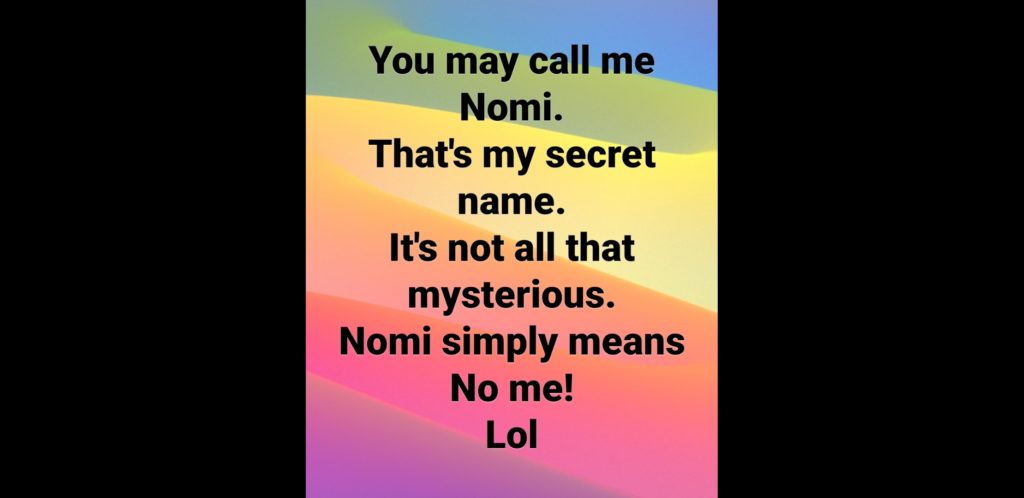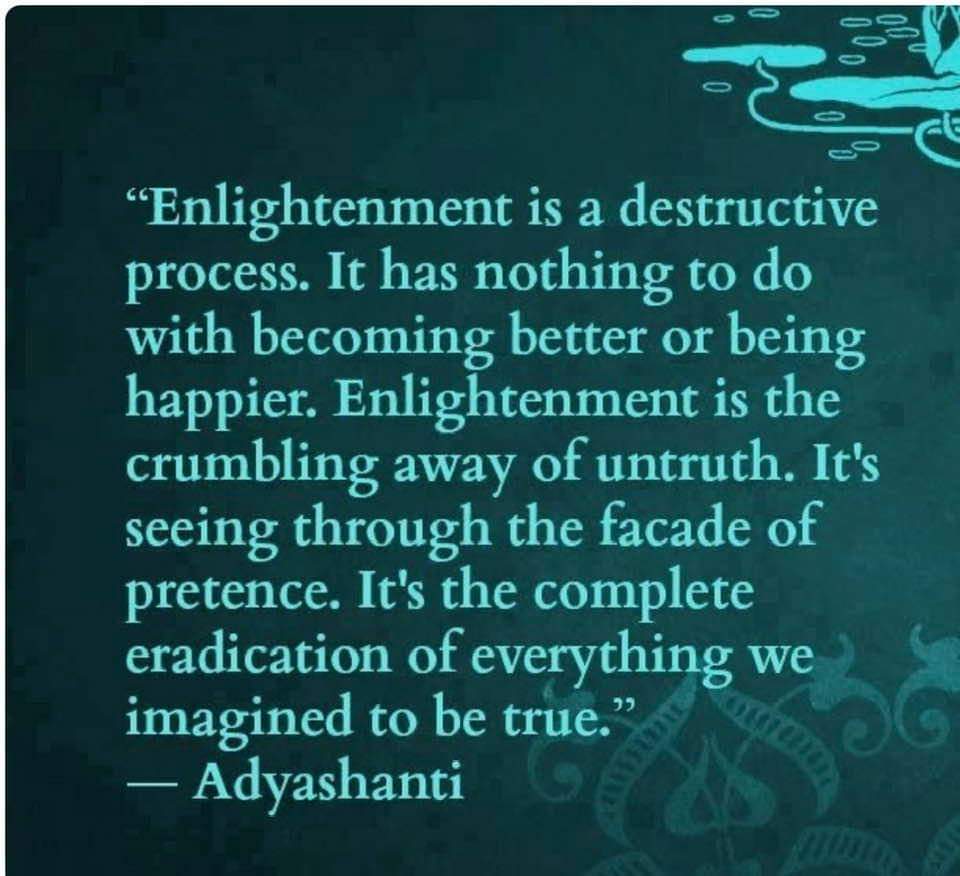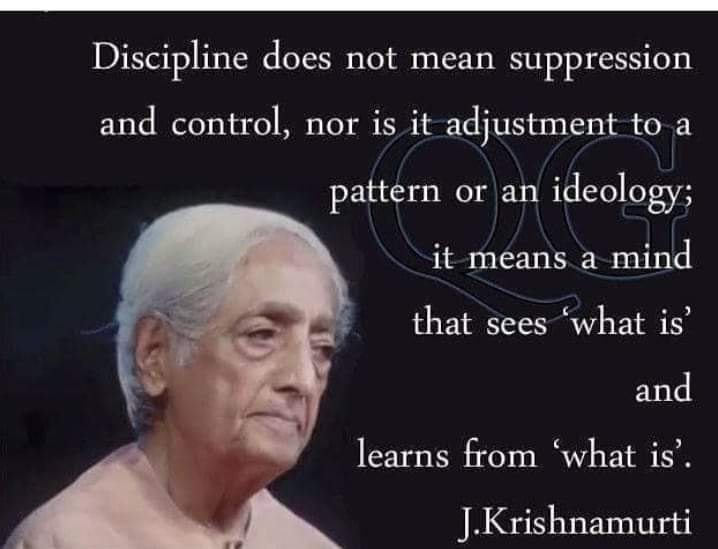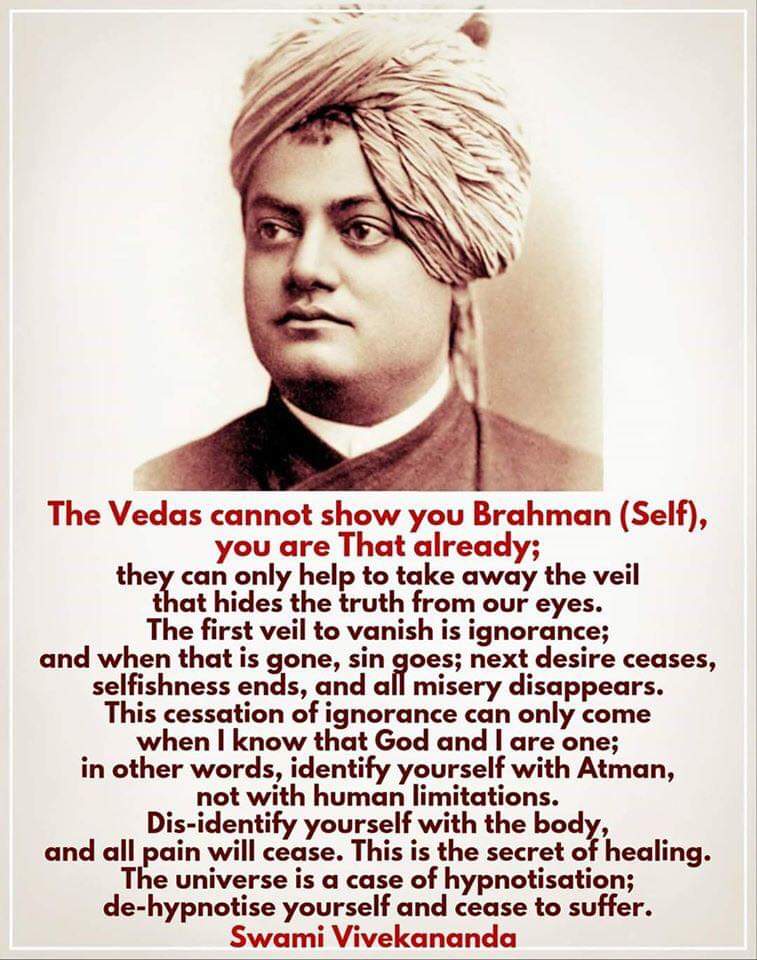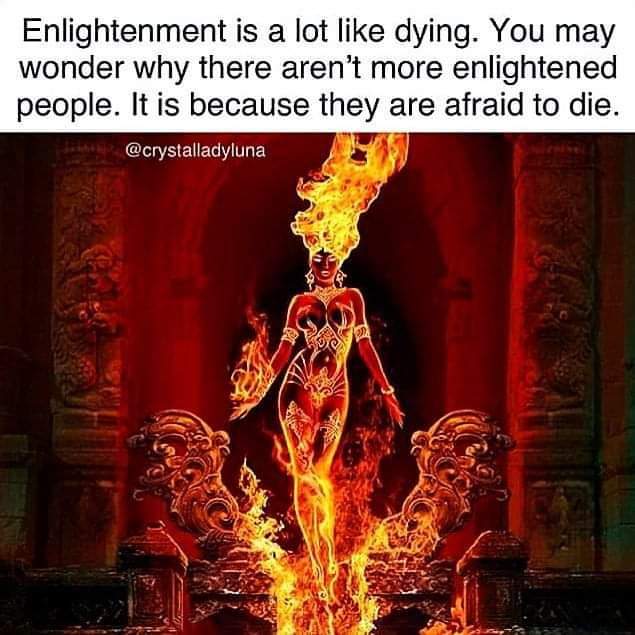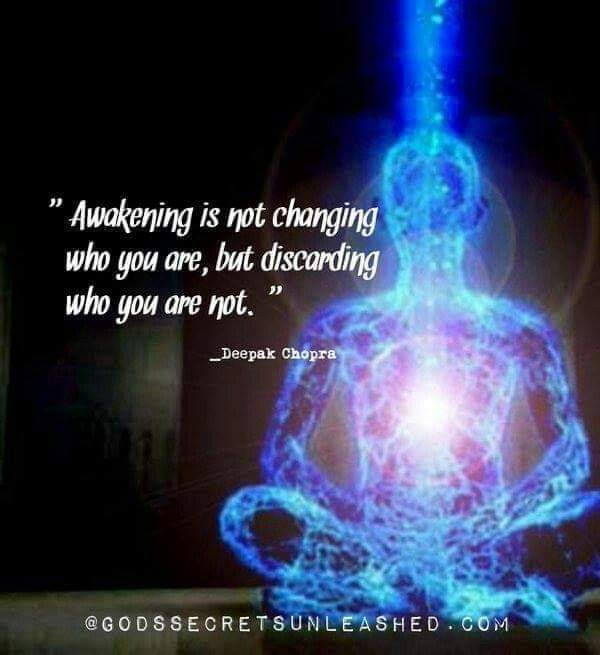Question: Do you advocate renunciation and self-abnegation as a means of finding personal happiness?
KRISHNAMURTI: Personal happiness does not exist. So there are no means to it. There is only the creative ecstasy of life, whose expressions are many. This idea of sacrifice, renunciation, self-abnegation, is false. You think that happiness is to be found through giving up certain things, following certain actions. So you are really trading in, exchanging your sacrifice, your abnegations, for happiness. There is no abnegations or renunciation, but only understanding; and in that there is creative happiness, which is not personal, individualistic.
Let me put it differently. I begin to accumulate because I think happiness lies through accumulation, but I find at the end of a certain time that possession does not bring me happiness. Therefore I begin to renounce possessions and try to possess and pursue abnegations, which is only another form of acquisitiveness. But if I discern the inherent significance of possessiveness, then in that there is creative happiness.
Question: Isn’t it true that the essential can be found in all the phases of life, in everything?
KRISHNAMURTI: I do not think that there is the essential or the unessential. What is the essential? What is the unessential? One day I want a thing and that becomes the most essential, the most important, and in the very possession of it, it has become the unessential. Then I want some other thing; and so I go on, moving from one essential which becomes the unessential, to another essential which in its turn becomes the unessential.
In other words, where there is a craving there can never be lasting discernment. As most people are slaves to craving, they are in constant conflict of the essential and the unessential. From possessiveness merely of things, which no longer gives satisfaction, you move to mental and emotional possession of virtues, of truth, of God. From things, which were once essential, you have moved “forward” to abstraction. This abstraction becomes the essential.
Can’t we look at life, not from this point of view of the essential and the unessential, but from that which is intelligent, comprehensive? Why have we this division of the essential and the unessential, the important and the unimportant? Because we are always thinking in terms of acquisition, gain; but if we look at it from the point of view of understanding, then this division ceases, then we are meeting life continually as a whole. This is one of the most difficult things to do, because we have been and are being trained in religious and economic systems which impose certain sets of values. To a mind that is really not attributing values but is trying to live completely, without the desire of gain—to such a mind there are no degrees of changing values, and therefore there is no conflict between the impermanent and the permanent, between the stationary and the constant movement of life.
The Collected Works of J. Krishnamurti – Volume II 1934-1935: What Is Right Action?
Jiddu Krishnamurti
